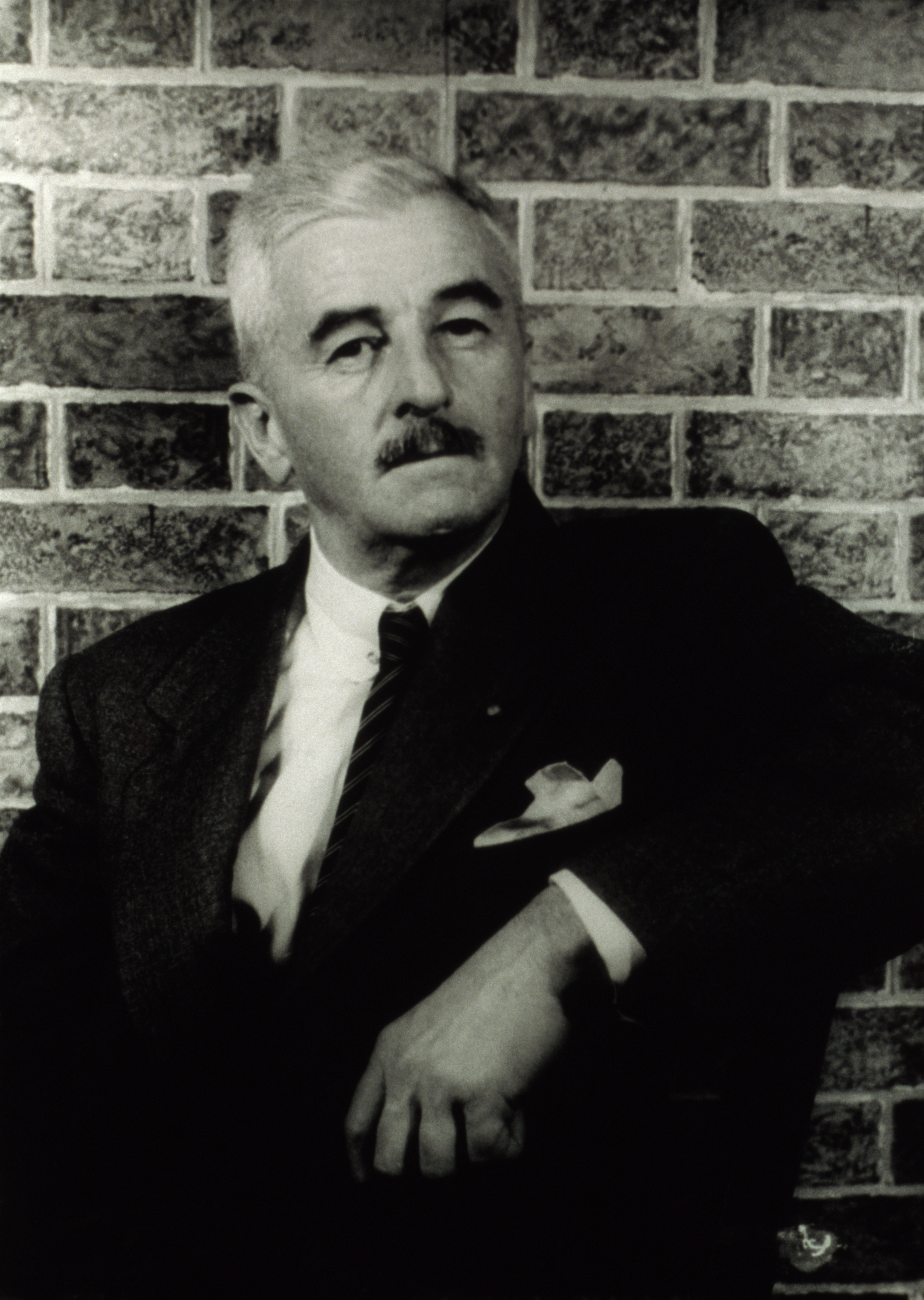William Faulkner citations célèbres
Tandis que j'agonise, William Faulkner, Gallimard, 1966, 183, 1930, Du monde entier, Maurice-Edgar Coindreau
Tandis que j'agonise, 1930
Tandis que j'agonise, 1930
Tandis que j'agonise, 1930
William Faulkner Citations
Tandis que j'agonise, 1930
Tandis que j'agonise, 1930
“Ma mère n'est pas dans la boîte. Ma mère ne sent pas comme ça. Ma mère est un poisson.”
Tandis que j'agonise, 1930
“Le passé ne meurt jamais. Il n'est même pas passé.”
The past is never dead. It's not even past.
en
Dans Requiem pour une nonne.
Tandis que j'agonise, 1930
William Faulkner: Citations en anglais
The Judge to Robert G. Ingersoll
"Beyond" (1933)
Judge to Mothershed, a suicide
"Beyond" (1933)
“Once a bitch always a bitch, what I say.”
The Sound and the Fury (1929)
Letter to Malcolm Cowley (11 February 1949), quoted in William Faulkner : A Critical Essay (1970) by Martin Jarrett-Kerr, p. 46; also published in Selected Letters of William Faulkner (1978) by Joseph Blotner, p. 286
An answer to a student's question as to why he writes in long sentences during his Writer-in-Residence time at the University of Virginia in 1957-1958. Faulkner in the University, p. 84
Faulkner in the University (1959)
he cried. “Dont you see? This whole land, the whole South, is cursed, and all of us who derive from it, whom it ever suckled, white and black both, lie under the curse? Granted that my people brought the curse onto the land: maybe for that reason their descendants alone can—not resist it, not combat it—maybe just endure and outlast it until the curse is lifted. Then your peoples’ turn will come because we have forfeited ours. But not now. Not yet. Dont you see?”
The Bear section 4 (p. 266)
Go Down, Moses (1942)
Charlotte Rittenmeyer to Harry Wilbourne, in (Ch. 7) "Wild Palms"; p. 218
The Wild Palms [If I Forget Thee, Jerusalem] (1939)
Harry Wilbourne to Charlotte Rittenmeyer, in (Ch. 3) "Wild Palms"; p. 48
The Wild Palms [If I Forget Thee, Jerusalem] (1939)
“Now I want you to tell me just one thing more. Why do you hate the South?”
"I dont hate it," Quentin said, quickly, at once, immediately; "I dont hate it," he said. I dont hate it he thought, panting in the cold air, the iron New England dark: I dont. I dont! I dont hate it! I dont hate it!
last lines (Chapter 9)
Absalom, Absalom! (1936)
Gail Hightower's thoughts in Chapter 20
Light in August (1932)
“Why that’s a hundred miles away. That’s a long way to go just to eat.”
On declining invitation to White House dinner honoring Nobel laureates, as quoted in Life magazine (20 January 1962)
